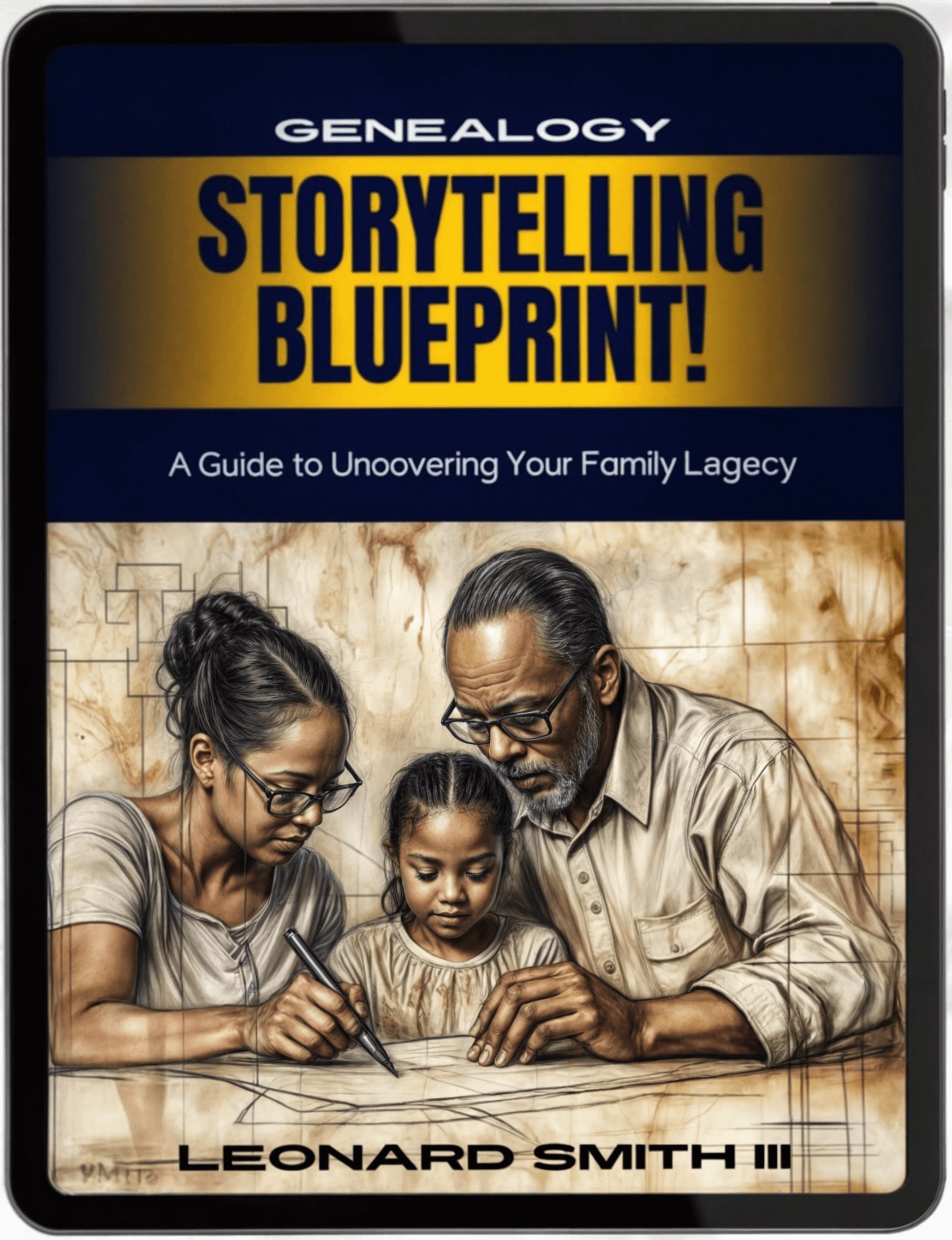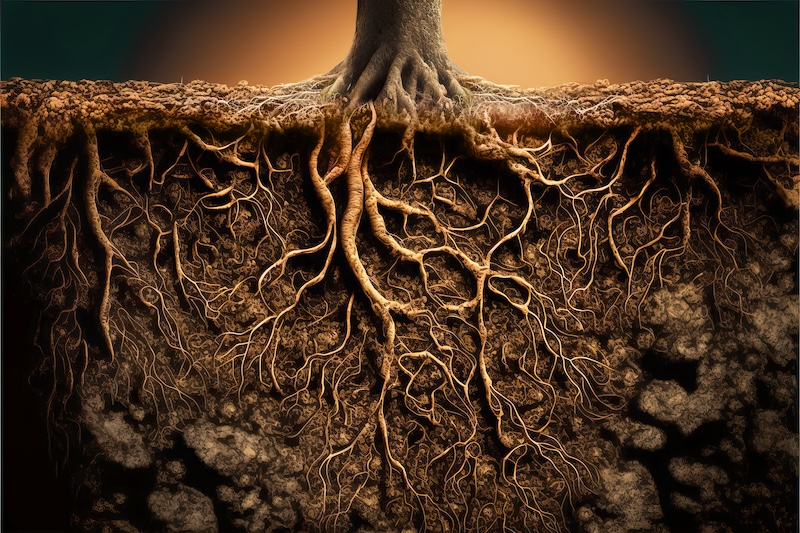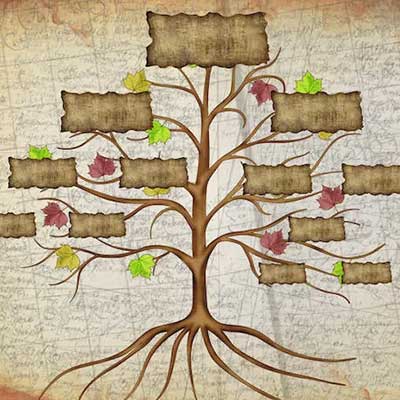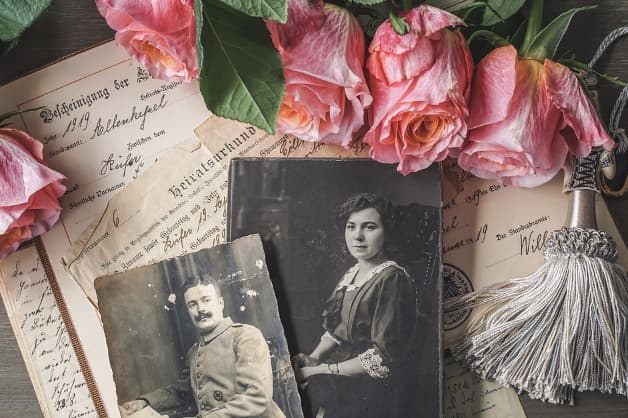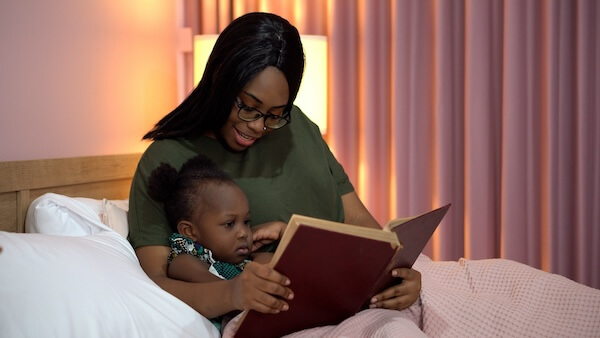- Home
- Conducting A Family History Interview
Conducting a Family History Interview
A Step-By-Step Guide
One of the most effective ways to uncover stories of our ancestors is by conducting a family history interview. This comprehensive guide will walk you through preparing for, conducting, and documenting a successful family history interview to help you discover valuable insights about your family’s past and preserve them for future generations.
Step 1: Define Your Goals and Objectives
Before diving into the interviewing process, it’s essential to determine your primary objectives. Ask yourself what you hope to learn from the interview and how it will contribute to your family history research. Setting clear goals lets you focus your efforts and direct your questions more effectively.

Step 2: Identify the Interviewee
The next step is to select the family member you’d like to interview. Ideally, this person should know the family’s history, possess a strong memory, and be willing to share their stories. Remember to consider older relatives, who may have unique insights that younger family members may not know.
Step 3: Prepare Your Questions
To ensure a productive interview, I'd like you to please take the time to create a list of questions for the family history interview in advance. This will help guide the conversation and ensure you cover all relevant topics. Consider the following categories when crafting your questions:
– Basic information: Names, dates, places, and relationships
– Personal experiences: Childhood, education, career, marriage, and parenthood
– Family dynamics: Relationships between family members, traditions, and shared experiences
– Historical context: How major events influenced the family’s lives and decisions
Step 4: Schedule the Family History Interview
Once you have your questions ready, reach out to the interviewee to schedule a date and time for the interview. Respect their time and choose a comfortable and quiet location to minimize distractions.
Step 5: Set the Stage
On the interview day, arrive early to set up your recording equipment and ensure everything works correctly. Use a digital recorder, smartphone, or video camera to ensure enough storage space and battery life. Test the audio levels and adjust as needed. Finally, prepare some refreshments to help create a relaxed atmosphere.
Step 6: Conduct the Interview
Begin the interview by expressing your gratitude for the interviewee’s time and explaining the purpose of the conversation. Encourage them to speak openly and share as much detail as they can recall. Follow these tips for a successful interview:
– Be an active listener: Show genuine interest in shared stories and avoid interrupting.
– Ask open-ended questions: Encourage the interviewee to provide more information by asking questions that require more than a simple “yes” or “no” response.
– Be flexible: While preparing a list of questions is essential, feel free to go off-script if the conversation leads to unexpected areas.
– Take notes: Jot down key details and any follow-up questions that arise during the conversation.

Step 7: Wrap Up the Interview
As the interview draws close, thank the interviewee for their time and cooperation. If any unanswered questions or topics require further exploration, ask if a follow-up interview would be possible. Before parting ways, express your appreciation once more and provide an overview of the next steps in your research process.
Step 8: Transcribe and Archive the Interview
After the interview, transcribe the recording to create a written conversation record. This will make it easier to analyze and share the information with other family members. Be sure to store the recording and transcription in a safe place and consider creating digital backups for added security.
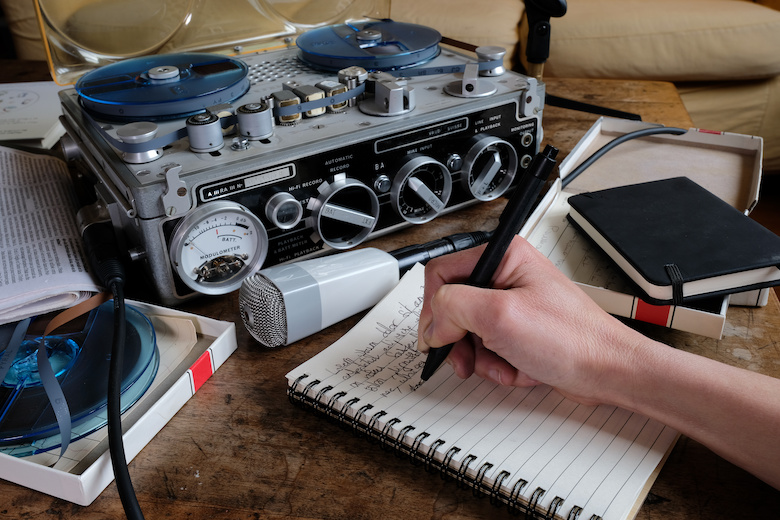
Step 9: Analyze the Information
With the interview transcribed, take the time to review and analyze the information gathered. Identify any themes or patterns in the stories shared and compare the interviewee’s account with any existing records or other family members’ recollections. Look for any inconsistencies or gaps that may warrant further investigation.
Step 10: Share Your Findings
Share your findings with other family members as you uncover new information and insights about your family history. This helps validate your research and fosters a sense of connection and understanding within the family. You can share your discoveries through family gatherings, social media, or by creating a family tree or website.
Step 11: Conduct Follow-up Interviews
If you identify areas needing further exploration or clarification, please do follow-up interviews with the same interviewee or other family members with relevant information. This can help fill gaps and ensure a more comprehensive understanding of your family’s history.
Step 12: Preserve Your Research
Be sure to preserve your family history research for future generations. Store your interview recordings, transcriptions, and other records safely and organized. Create both physical and digital archives, and consider sharing your work with a local historical society or genealogy group to ensure its long-term preservation.
Conducting a family history interview can be a rewarding and enlightening experience, providing valuable insights into the lives of your ancestors and the events that shaped your family’s past. This step-by-step guide can ensure a successful interview process and create a lasting legacy for future generations to appreciate and explore.
Remember, the journey to uncovering your family’s history is an ongoing process, and the more you learn, the richer your understanding becomes. Embrace the adventure, celebrate your heritage, and treasure the stories that make your family’s history unique.



